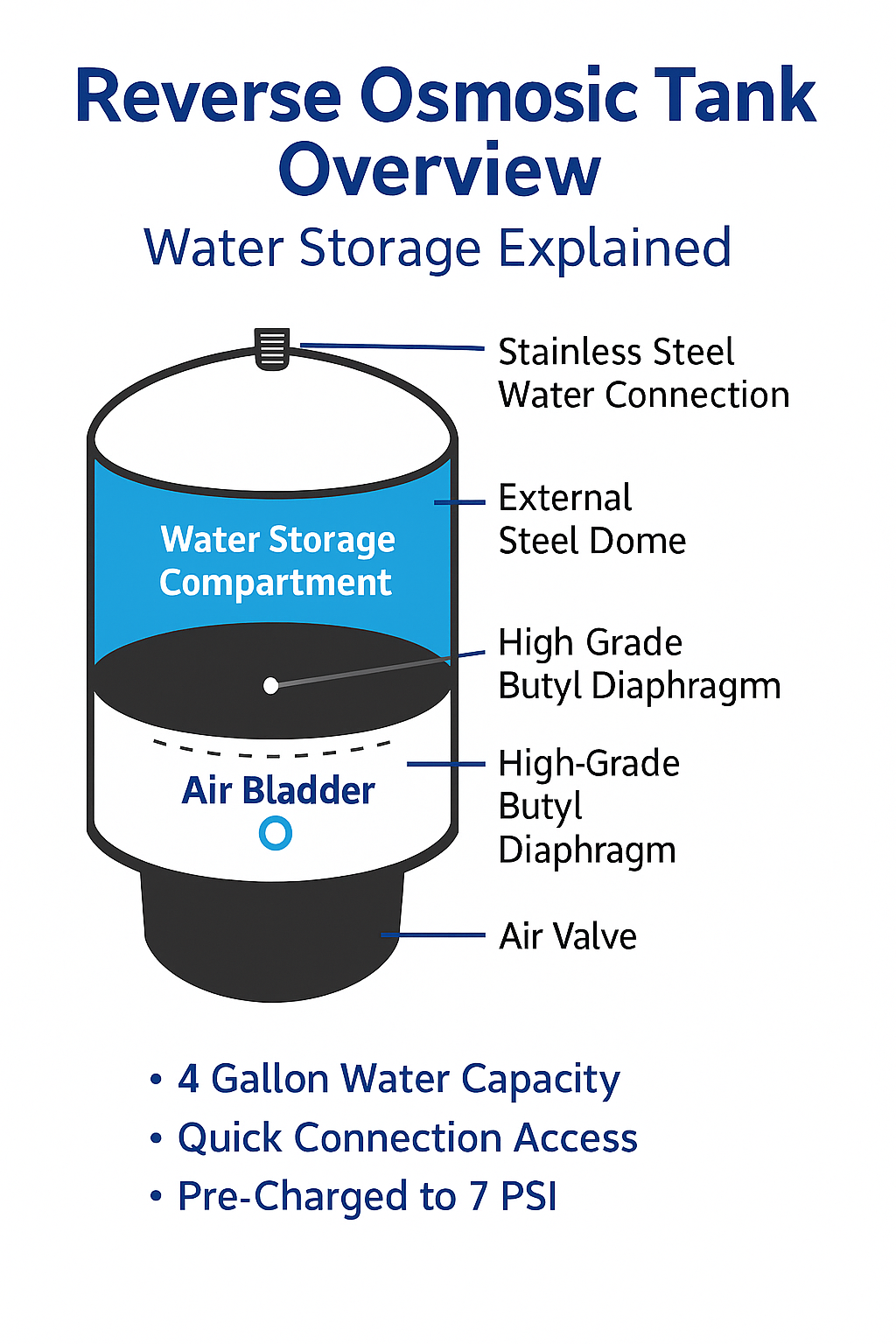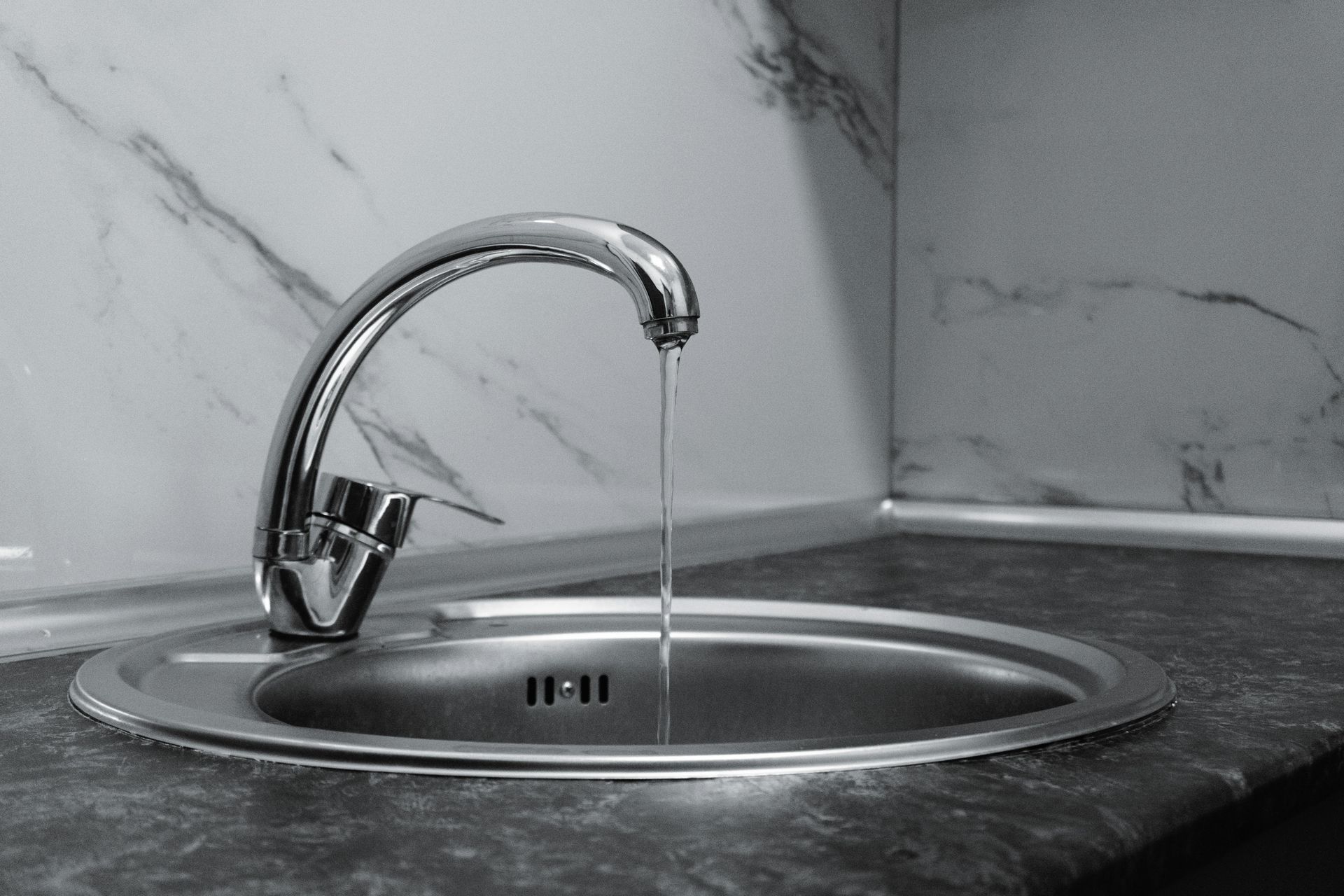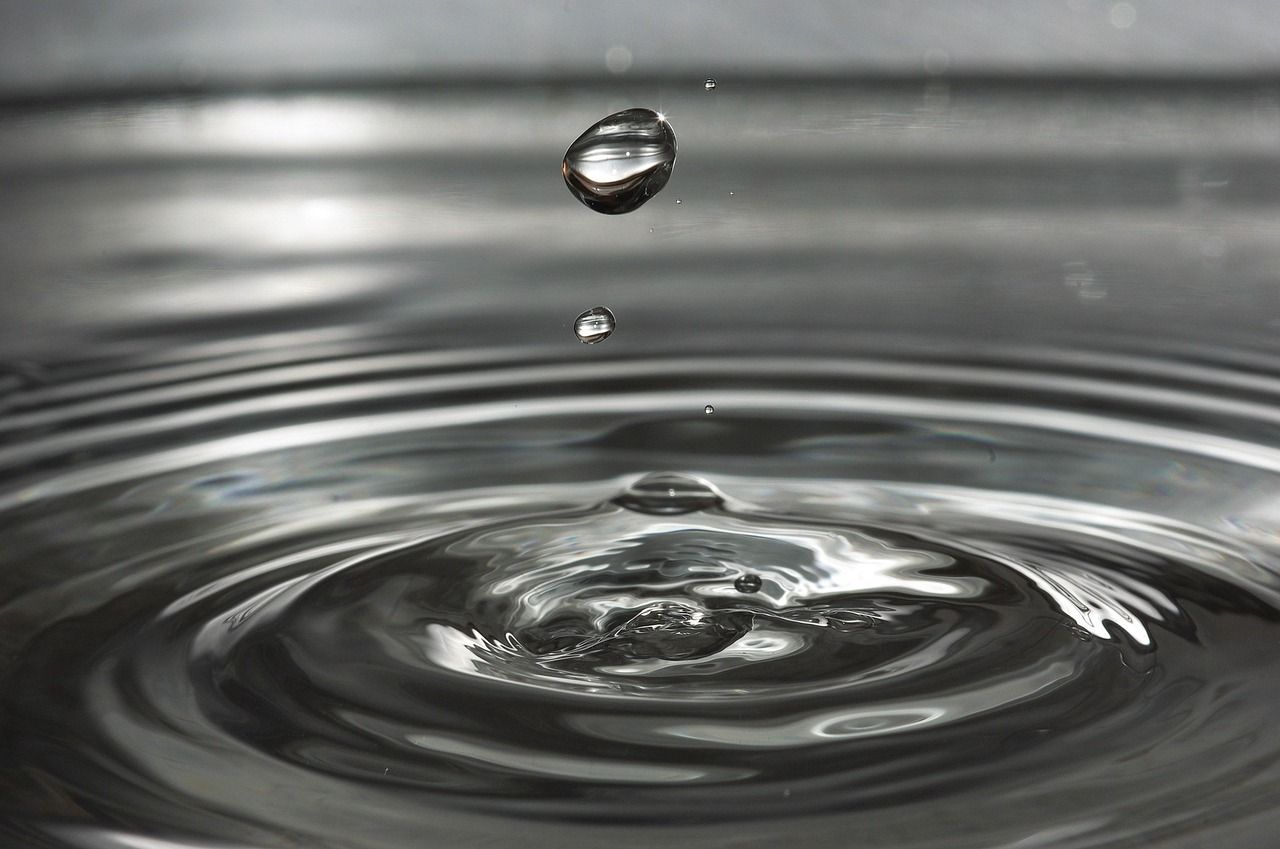Primary Solutions Consulting
How Water Filtration Systems are Helping the Environment
With a population of over 7 billion people worldwide, the impacts we have on the environment can no longer be ignored or overlooked. To reduce our carbon footprint and conserve precious natural resources, the installation of
water filtration systems is a highly effective option. In this article, we will be exploring the positive effects that come with the installation of
home water filtration systems, alongside the environmental impact they can have as a result. We will consider the practical and economical benefits such filtration systems offer, as well as how these systems can contribute to the sustainability of our environment in the future.
The Environmental Impact of Clean Water
Clean, filtered water is essential for cities and towns to maintain adequate public health and safety standards. Unfortunately, without proper
water filtration installation, pollutants can enter the water supply, leading to costly treatments and repairs, as well as a chain of devastating environmental consequences. Air pollution, water contamination and soil erosion are just a few of the harmful effects caused by these pollutants. The good news is that with upgraded
water filtration systems, we can significantly reduce the environmental effects of these contaminants. By addressing the sources of the pollutant and improving filtration technologies, we can keep our water supply clean and healthy, while keeping our environment safe and protected.
How Water Filtration Can Help
There are many ways in which water filtration systems Cypress, TX can help the environment. Firstly, they can help reduce water wastage and the amount of energy used to clean and treat it. Instead of having to go through a complex and expensive process of cleaning and purifying the water, a filtration system will be able to clean the water more efficiently and effectively.
Furthermore, many water filtration systems utilise natural elements such as activated carbon, bio-media and other compounds to remove contaminants, thereby reducing the need for the use of detrimental chemicals such as chlorine, which can very easily have an adverse effect on the environment.
Additionally,
home water filtration systems can help reduce erosion and leaching of harmful contaminants into surrounding soil and water, as they are able to remove waterborne particles and toxic chemicals, which encourages a healthier and more sustainable environment.
The Benefits of Water Filtration Systems
Water filtration systems offer numerous environmental benefits, the most notable being:
- Reduced energy consumption – Water filtration systems play an important role in maintaining clean and safe water. These systems help capture and remove any contaminants such as dirt, bacteria, chemicals, and other harmful impurities, making the water safe for human consumption and other uses. By eliminating potential health risks through filtering, water filter replacement reduces the amount of energy required for water treatment processes. This consequently leads to the need for less energy to be expended during water treatment, which is beneficial to both consumers and the environment.
- Safe disposal – Water filtration systems are able to remove impurities, such as dirt, silt, and other suspended materials, as well as chemical contaminants like chlorine, lead, and iron. The systems provide clean, safe water that can be safely disposed of and can help reduce the buildup of pollutants in our environment. Water filtration systems can be beneficial for both residential and commercial applications because of their ability to reduce chemical concentrations, improve water clarity and minimize the impact of pollutants on our drinking water supplies.
- Reduced greenhouse gases –Improved commercial water treatment Houston systems can play a key role in reducing the emissions of pollutants, such as methane. By purifying water and removing dangerous toxins and contaminants, they can help to reduce the amount of methane entering our atmosphere. They also allow for higher-quality water consumption, which can help to reduce the costs of bottled water and ensure that people have access to clean, safe drinking water. By preventing methane from entering the atmosphere at higher rates, these systems can help to reduce the impacts of climate change and other environmental issues, ultimately helping to improve the overall health of our planet.
- Hydrologic balance – Improved water treatment Houston can help to ensure a balanced exchange of water between surface water and groundwater. By increasing the water exchange, the natural water cycles can be maintained and additional sources of water, such as from rivers, are not necessary. Additionally, filtering water protects the environment from further damage by preventing pollutants and toxins from entering the system. The structures of the water filtration systems offer protection to species of fish and other aquatic life, as well as smaller organisms that live in the water. Other benefits associated with improved water filtration systems include the prevention of soil erosion, reducing the risk of flooding, and improving the quality of lives by providing an ample supply of clean water.
It is clear that water filtration systems play an important role in protecting the environment. By using an improved water filtration system, we can reduce the environmental impact caused by pollutants and maintain a healthy, sustainable source of clean water. There are many benefits to water filtration systems and it is important that we continue to innovate and develop new technologies that can help reduce our environmental footprint.










